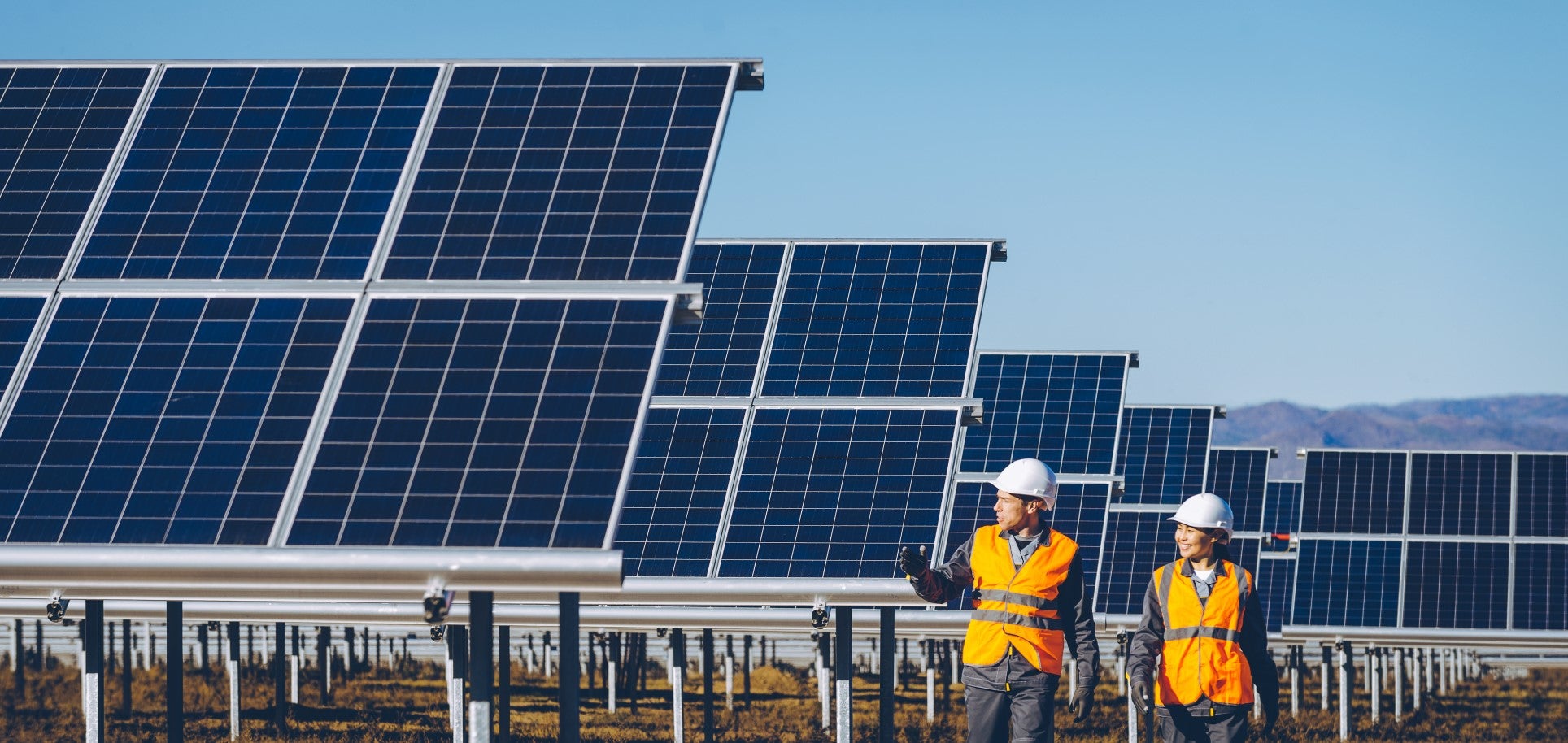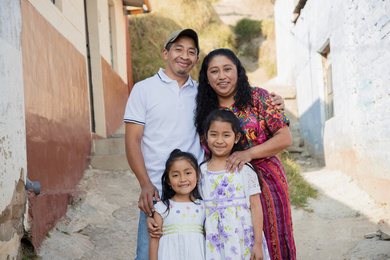Smart Energy for a Sustainable Future
 Energy demand under a “business as usual” scenario in Latin America and the Caribbean is expected to increase 75% over the next 15 years. And the majority of energy consumption comes from cities. Migration towards urban centers in the region strongly outpaces global trends. Soon 90 percent of Latin America and the Caribbean will live in cities and depend on their infrastructure. In addition to demographic shifts, the number of cities has more than tripled since 1970 – growing from 17 to 56. Such massive urbanization happened rapidly with little planning. Now cities must address pressing issues like social inequality, public utilities deficits, affordable housing, the growing strain on natural resources and climate change.
Energy demand under a “business as usual” scenario in Latin America and the Caribbean is expected to increase 75% over the next 15 years. And the majority of energy consumption comes from cities. Migration towards urban centers in the region strongly outpaces global trends. Soon 90 percent of Latin America and the Caribbean will live in cities and depend on their infrastructure. In addition to demographic shifts, the number of cities has more than tripled since 1970 – growing from 17 to 56. Such massive urbanization happened rapidly with little planning. Now cities must address pressing issues like social inequality, public utilities deficits, affordable housing, the growing strain on natural resources and climate change.
Right now the region generates an impressive 60% of electricity from renewables, led mainly by hydropower. Yet even with more sources of non-traditional renewable energy, we will still struggle to keep up with rising demand and growing environmental footprints. According to World Bank data, Chile’s carbon emissions have grown nearly 300 percent since 1981, while Brazil’s and Mexico’s have increased 244 percent and 156 percent, respectively. There is urgency to ensure that economies continue to grow and the middle class continues to prosper while our environmental footprint shrinks.
How can we de-link these traditionally correlated trends? How can cities be part of a sustainable solution? And what have I learned along the way?
If any of these answers interest you, I encourage you to check out my panel on Smart Energy for a Sustainable Future at the IDB’s Annual Meetings in Bahia, Brazil.
There business leaders and I will explore three game-changers in which cities, through the private sector’s support, can correct our path. And we will propose how individuals like you and me can be part of the positive transformation. See you then!
****
To check out the live webstream on Friday, March 28th at 4:00 PM BRT, go to http://www.iadb.org/en/annual-meeting/2014/videos,9429.html?videoID=10038.
LIKE WHAT YOU JUST READ?
Subscribe to our mailing list to stay informed on the latest IDB Invest news, blog posts, upcoming events, and to learn more about specific areas of interest.
Subscribe



